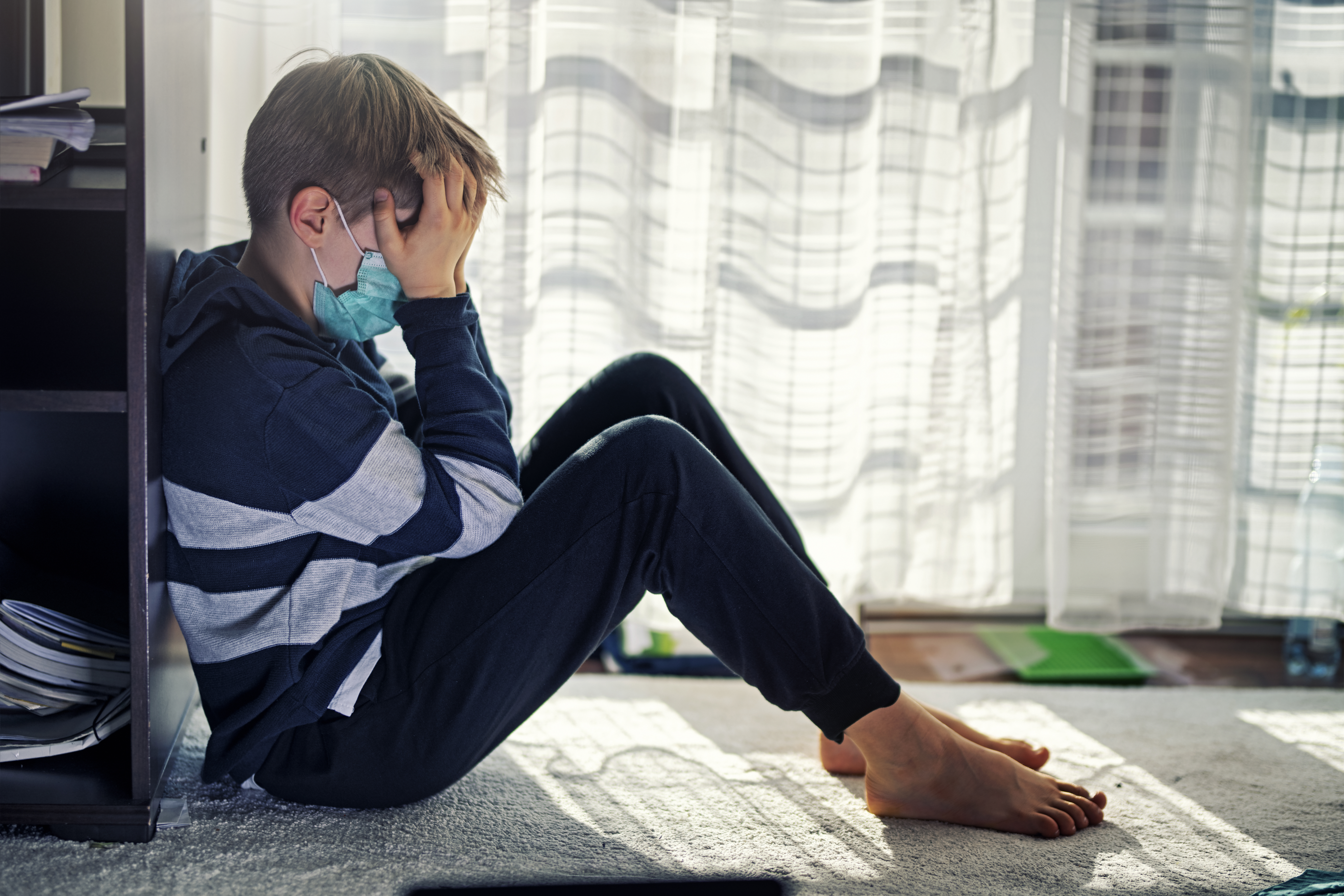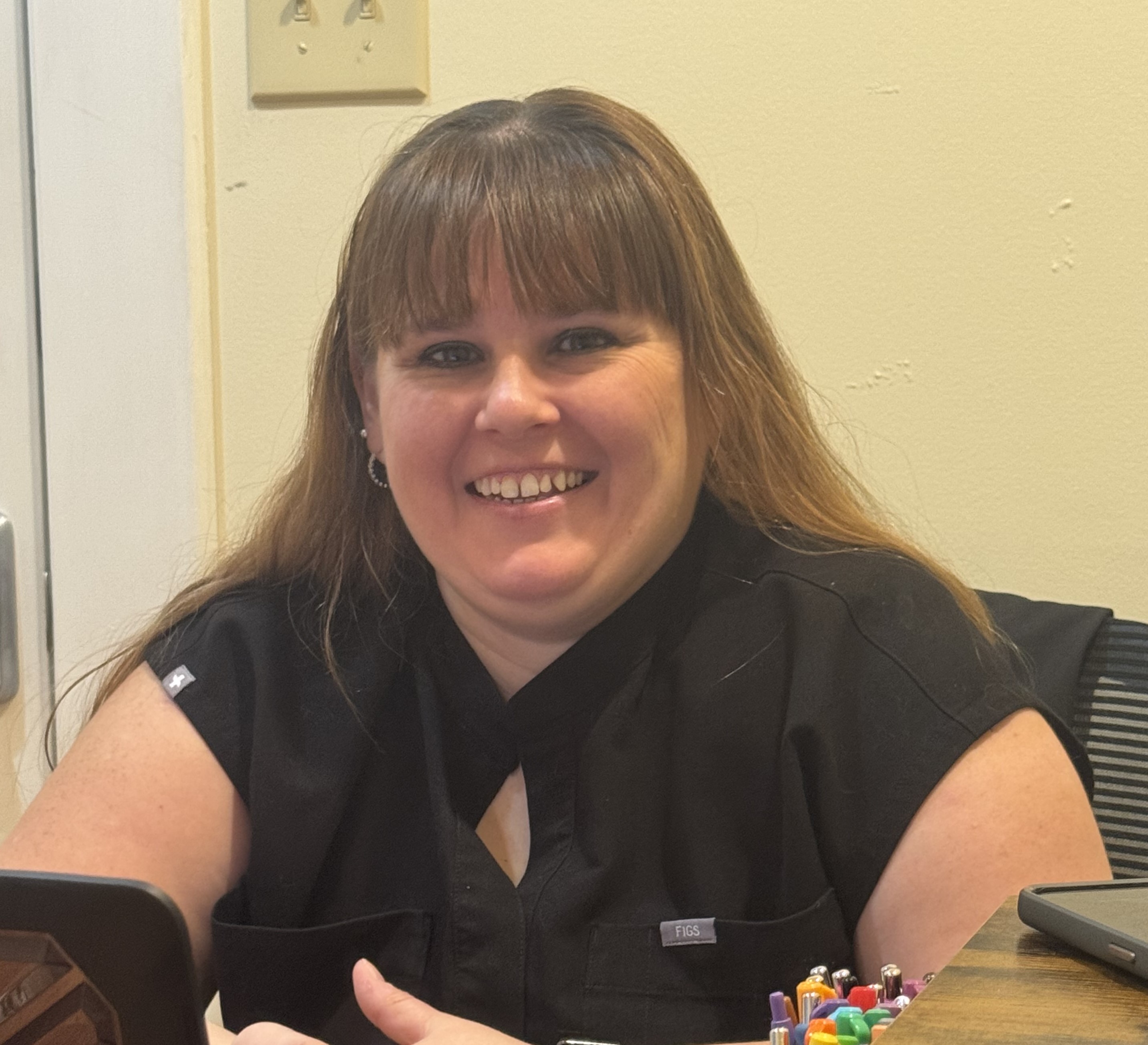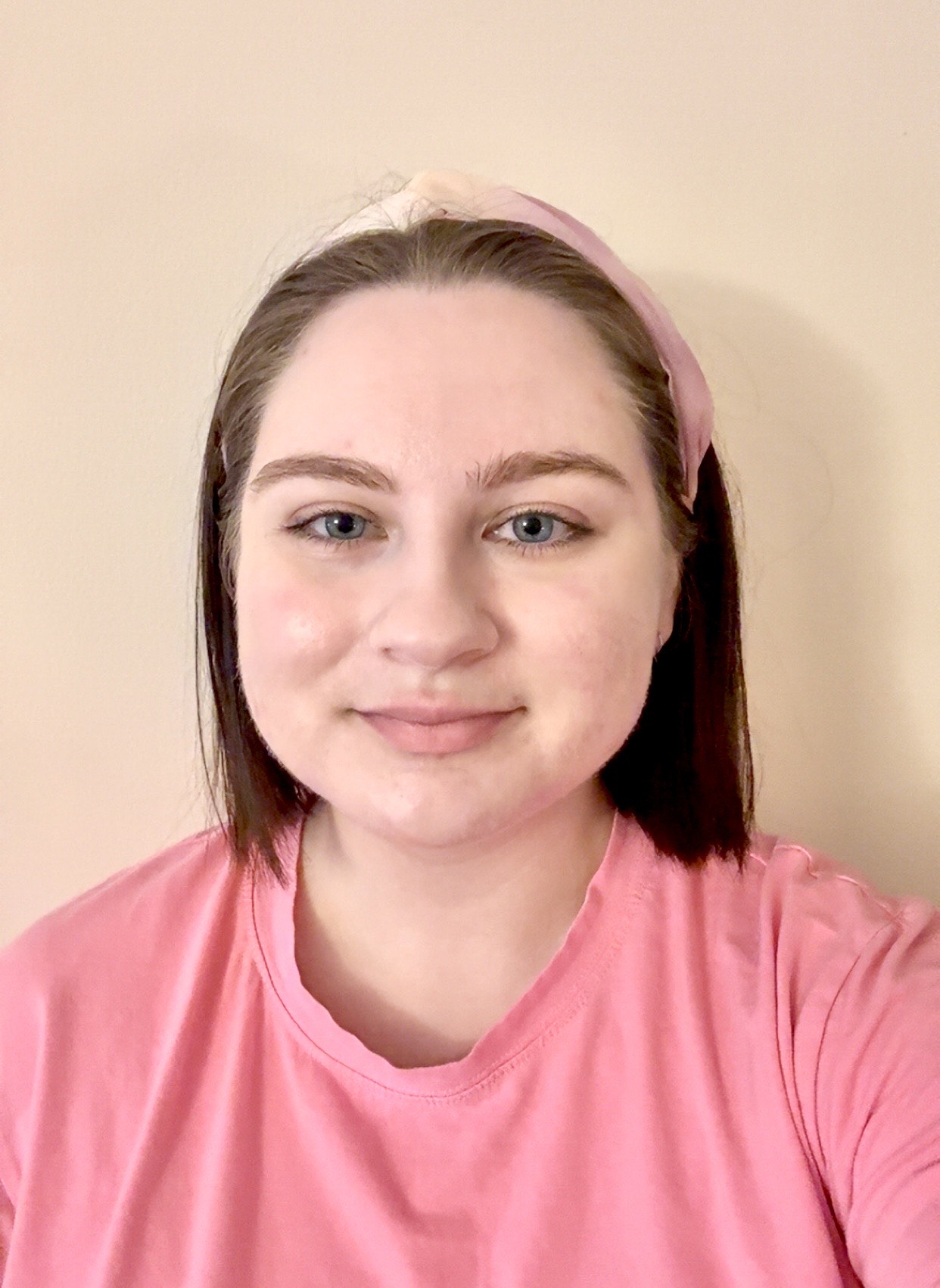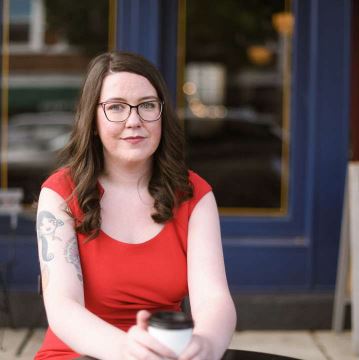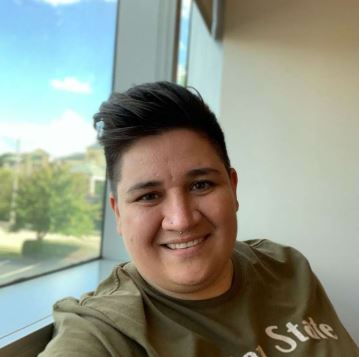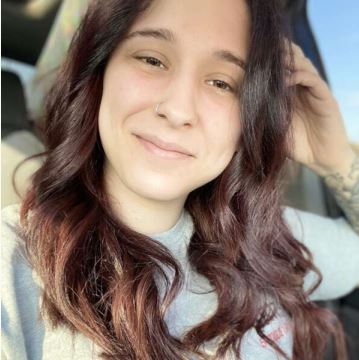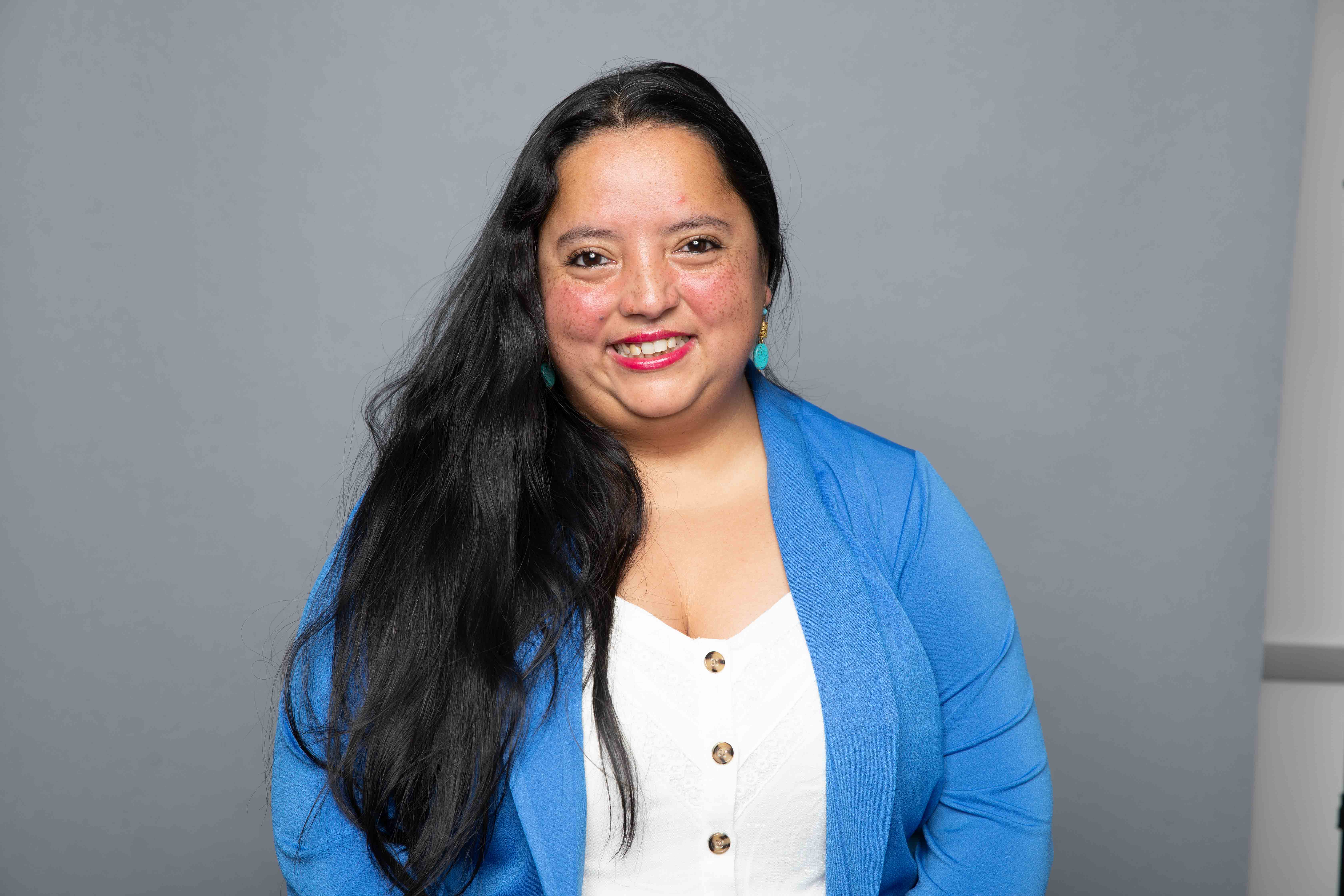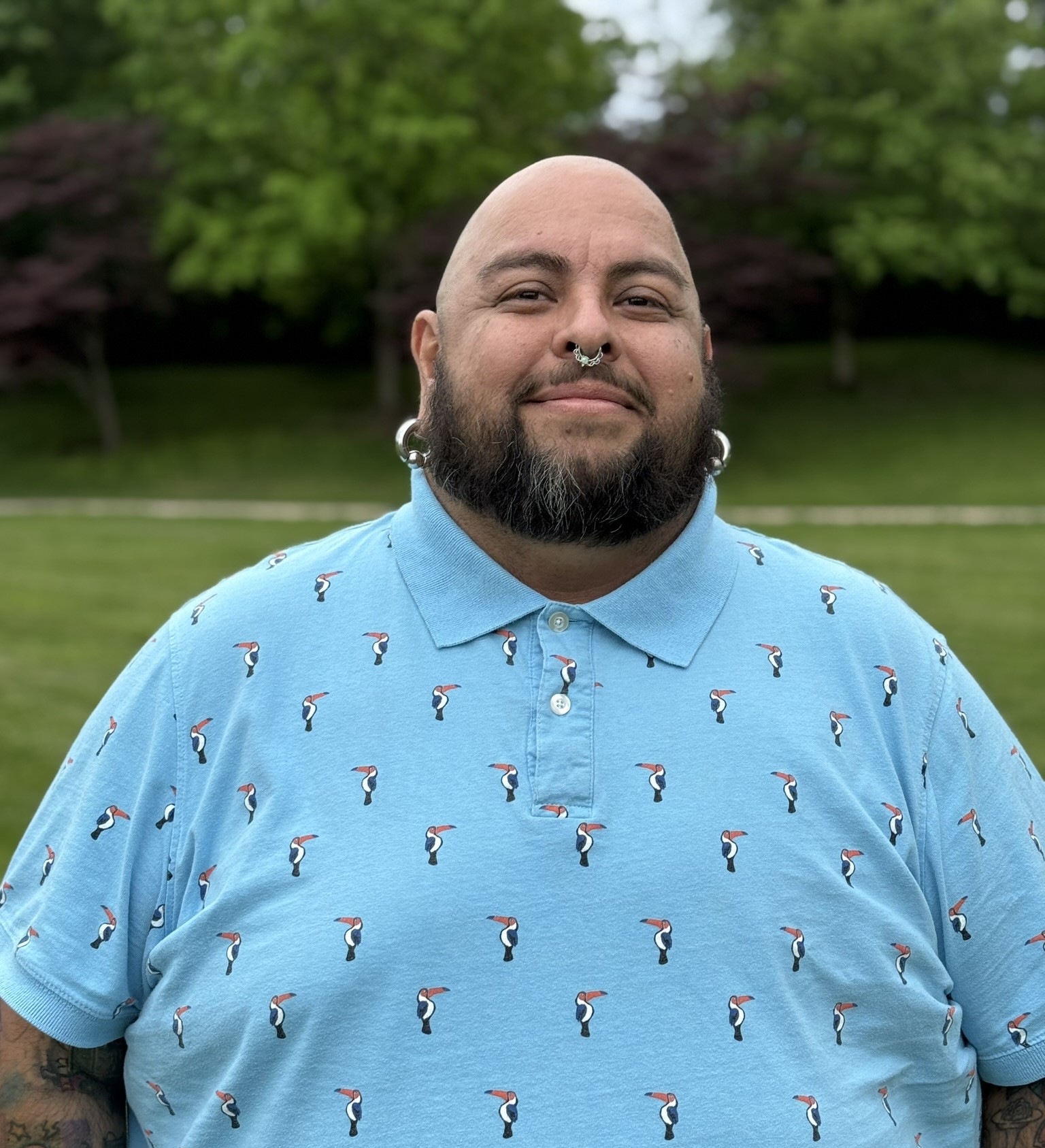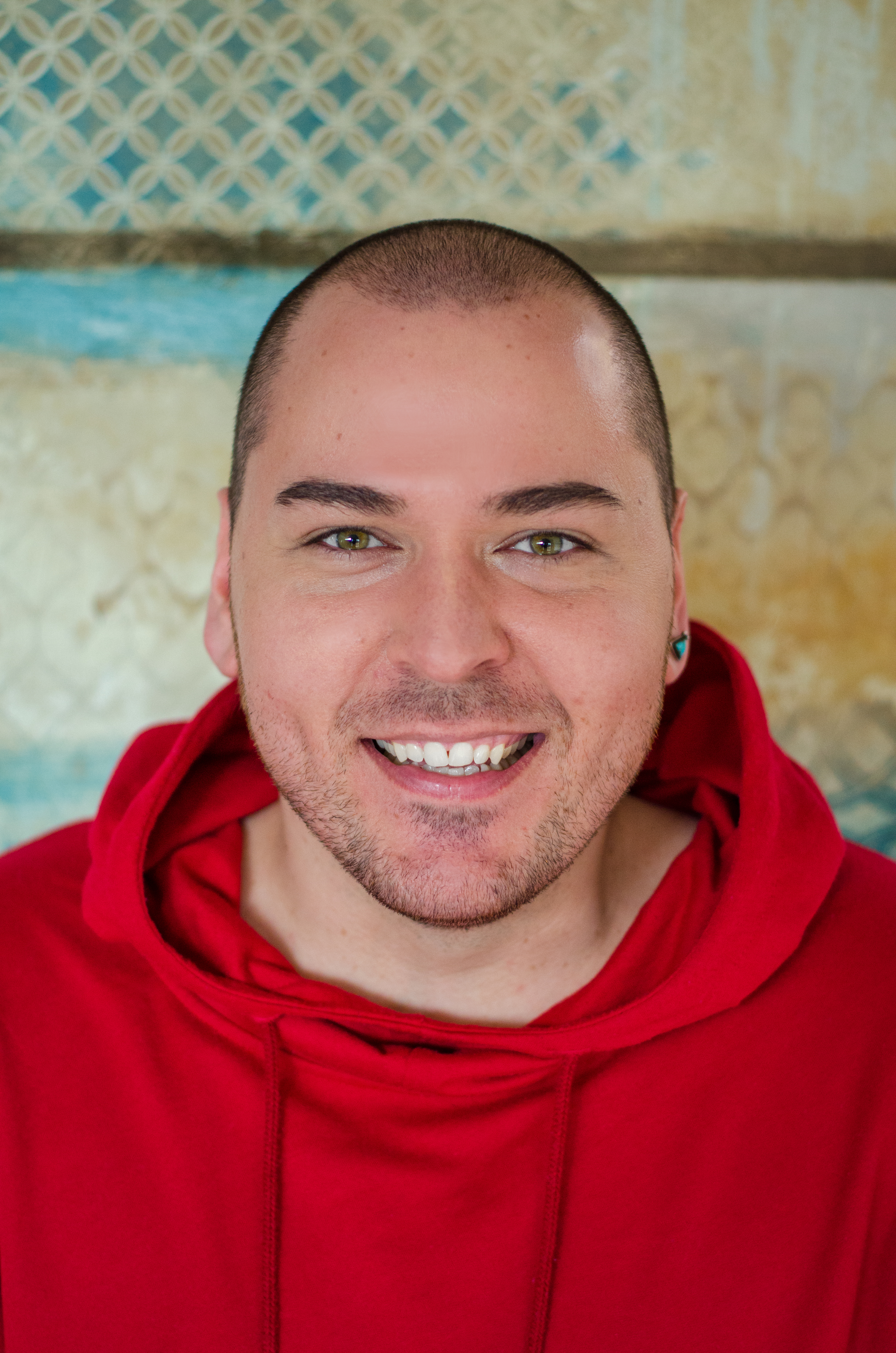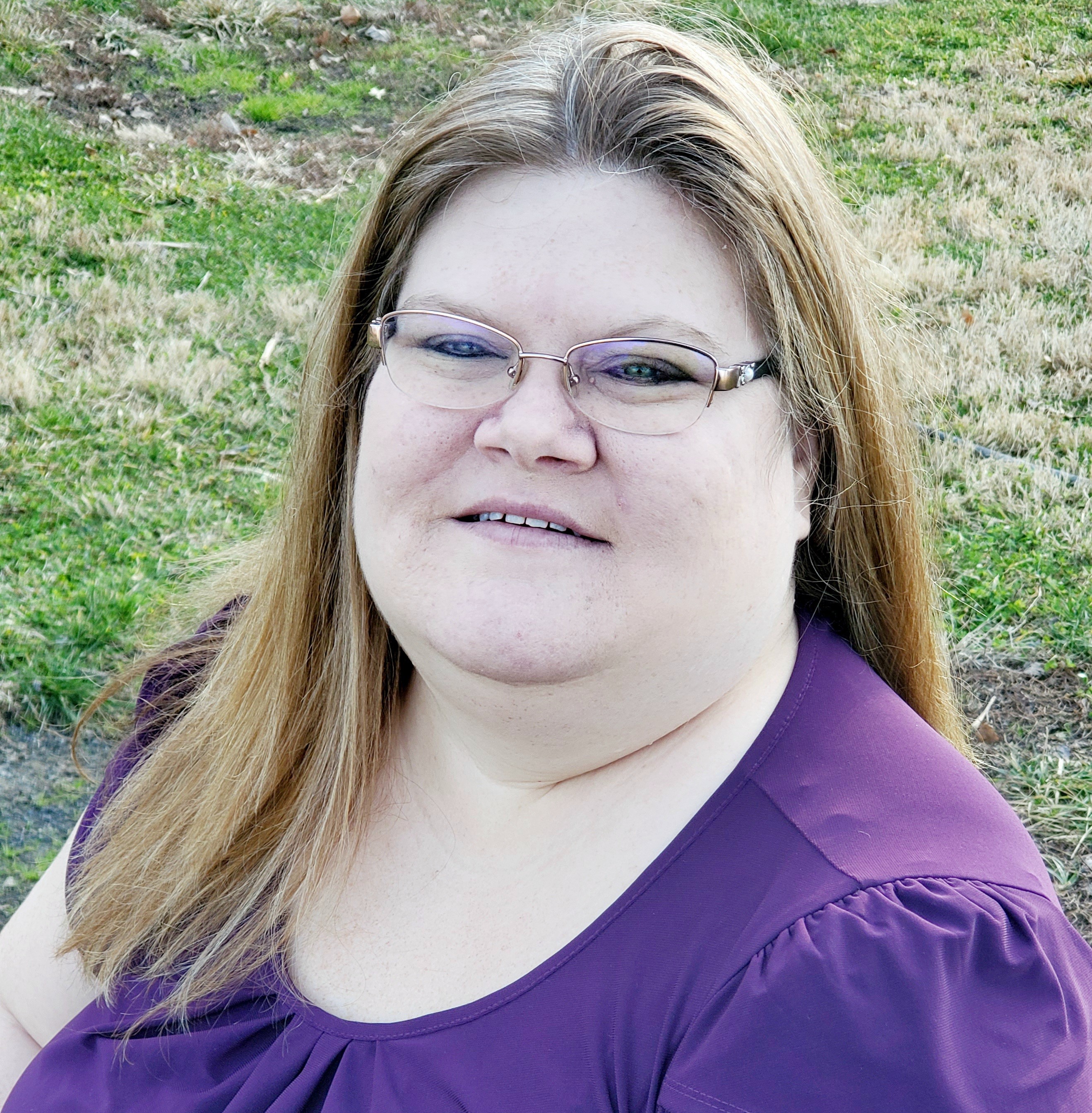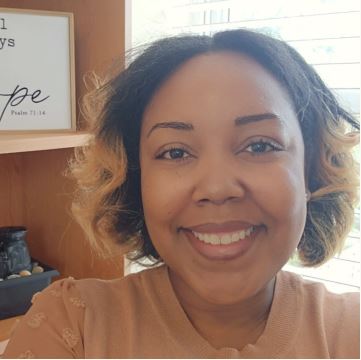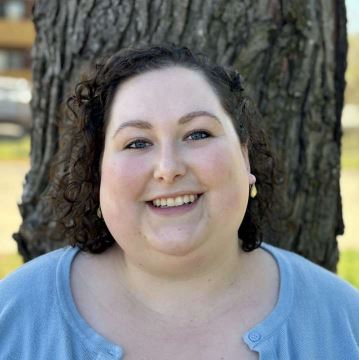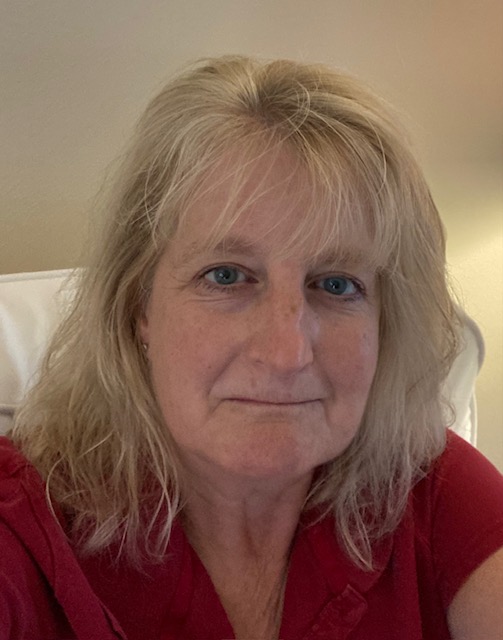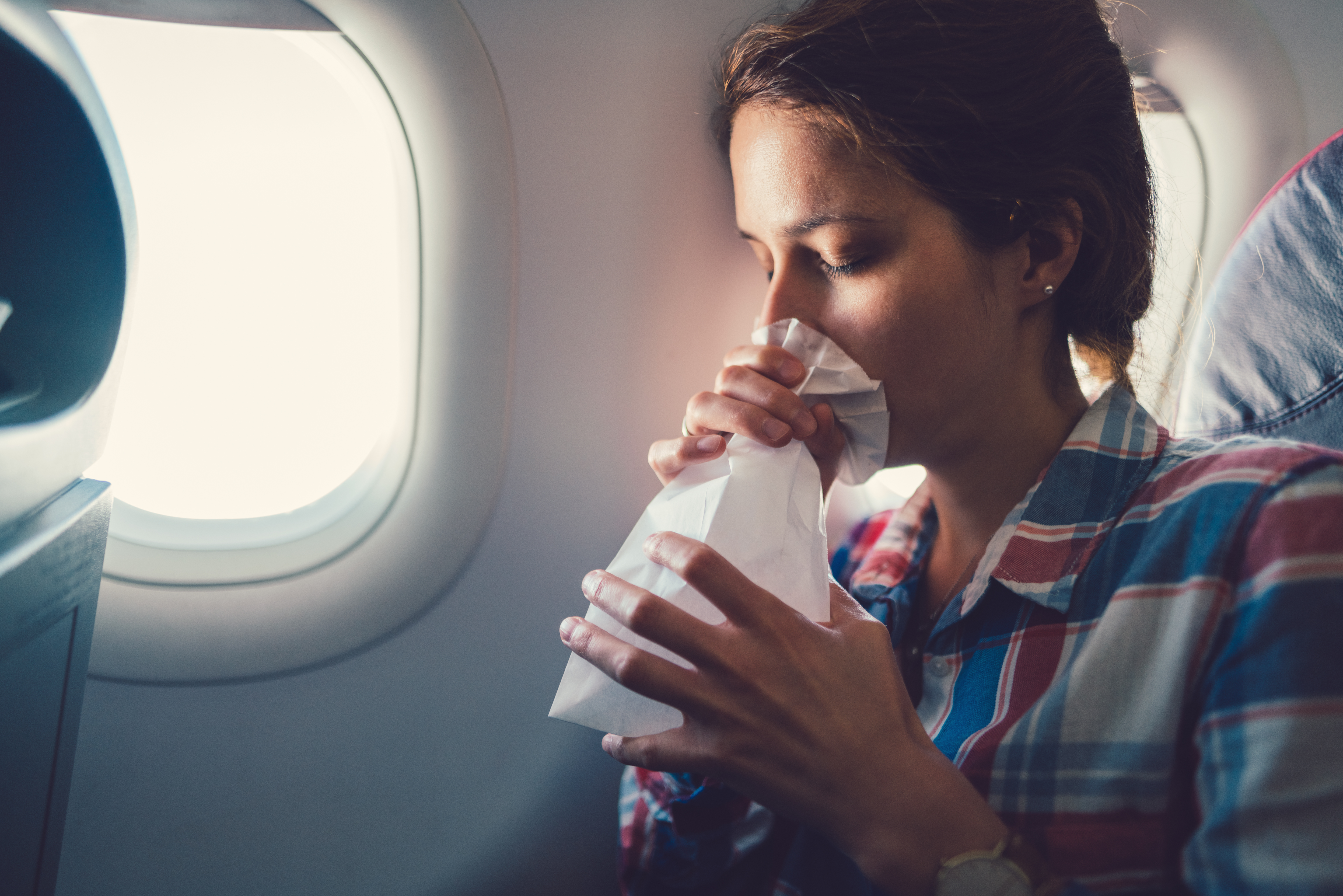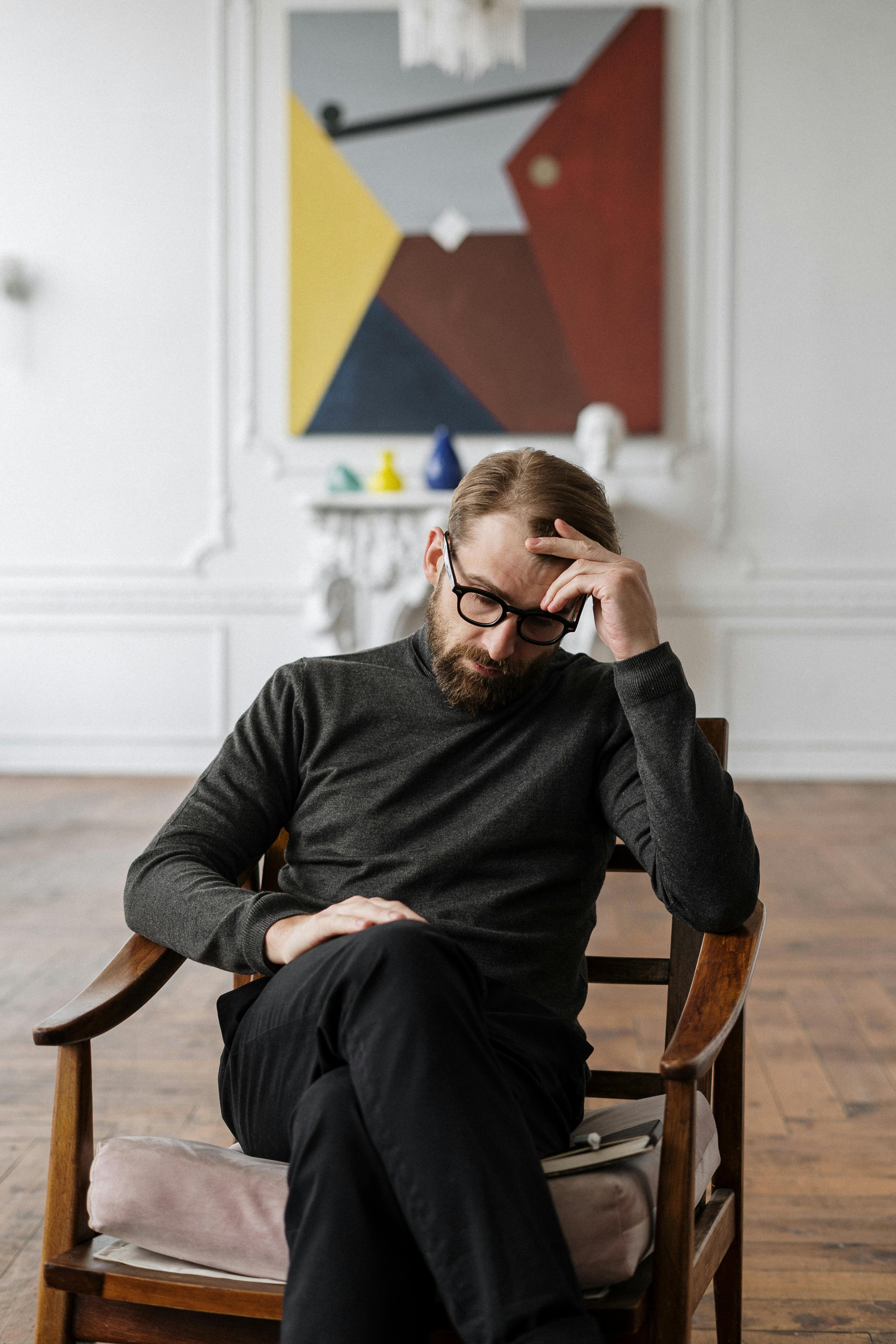Anxiety Treatment in Saint Louis, MO
You worry your life away. You've come to the point that you are no longer in control because your anxiety controls you. It keeps you from doing things everyone else around you is doing. On top of that, you live in fear of when your next panic attack will strike. The things you struggle with frustrate you and even embarrass you. Looking around, you know that no one else is having as hard of a time as you are. These decisions and tasks seem so easy for everyone else. But for you, it's the source of your anxiety.
You might be seeing anxiety in your child.
Your child often feels nervous. Sometimes, dropping them off at school, practice, or a friend’s house is a nightmare. On top of that, making sure they stay there without needing to be picked up early can be an even bigger obstacle. Perhaps you see your child struggling with the idea of failing at anything. For some kids, this can be sports, school, friendships, household activities, or anything else. Other times, this looks like separation anxiety from parents or family members. Regardless of how this looks for your child, you know it's a problem.
If that sounds like your situation, it's time to consider anxiety treatment.
You know the symptoms too well. When you’re feeling anxious, your reasoning and rationale check out. A wave of fear and inescapable doom takes over you and disrupts your ability to think straight. Somehow, you feel wired and exhausted simultaneously. The strangest sensation takes over your stomach, whether it be tightness or queasiness. Your muscles feel tight throughout your body, and you swear you’ve never felt thirstier than at this moment. On top of these sensations, you notice your thoughts are drastically different than before. You notice that your mind is racing, and you can only think of the worst possible outcome.
You’re not alone. Anxiety treatment in St. Louis, MO Can Help.
Dealing with anxiety and anxious thoughts is exhausting. But, anxiety is extremely common. It's estimated that 40 million adults experience symptoms of anxiety. For the people that like numbers, that's about 40% of the population. How crazy!
The good news about anxiety is that starting anxiety treatment can help. Fortunately, for most people, anxiety treatment is a game-changer. However, there's a catch. Only a small portion of people experiencing anxiety disorders or anxiety symptoms seek the help of a therapist.
What is anxiety?
Anxiety is your body’s response to stress or a stressful situation. When we’re in a stressful situation, we can experience a variety of sensations. Depending on the situation, this can include feeling nervous, restless, fearful, or panicked. In addition to these feelings, physical symptoms often accompany anxiety. This can include an increase in breathing and heart rate, tenseness or weakness in your body, and sweating. Most of us have experienced anxiety at least once in our life. Some common situations include public speaking, taking a test, or flying on an airplane. Historically, anxiety was key to our survival. Anxiety queued us of danger and prompted us to jump into action. So, historically, anxiety was our friend! But, this isn’t the case when anxiety takes over.
What can anxiety turn into?
Sometimes, however, your anxiety feels uncontrollable. Often, when there’s no logical explanation for you to feel the level of anxiety that you’re feeling. You’re not in a life-or-death situation, just running late for work. But you feel like the world might come to an end and you can’t think straight. With this in mind, untreated anxiety can have substantial consequences. This can include phobia-related disorders, social anxiety disorders, situational anxiety, or panic disorder to name a few.
Therapists with This Specialty
Phobia-Related Disorders
A phobia is a fear of—or intense aversion to—specific things (e.g. spiders) or situations (e.g. heights). The fear evoked by these things or situations is disproportionate to the actual danger that is posed by the object or situation.
People with a phobia:
- May have an irrational or excessive worry about encountering the feared object or situation
- Take active steps to avoid the feared object or situation
- Experience immediate intense anxiety upon encountering the feared object or situation
- Endure unavoidable objects and situations with intense anxiety
Social Anxiety Disorder
People with social anxiety disorder are anxious and fearful of social situations. People with this disorder often avoid social situations including work or school. Symptoms of social anxiety disorder include:
- Blushing
- Upset stomach or nausea
- Dry mouth
- Feeling excessive worry about being judged or made fun of
- Preoccupation with embarrassment or humiliation
#2020-2021 Anxiety
If you’re not anxious this year, you're in the minority. Worried about your and your family’s health? Obsessed with the news? Worried about your children’s education? Their isolation? When will we get back to some semblance of normal? Why not join one of our pandemic support groups and talk? We cover self-care and coping strategies.
Panic Disorder
People with panic disorder have recurrent unexpected panic attacks. Panic attacks are sudden periods of intense fear that come on quickly and reach their peak within minutes. Attacks can occur unexpectedly or can be brought on by a trigger, such as a feared object or situation. Additionally, people with panic disorder often feel anxious about when the next attack will happen. On top of that, they spend time and effort attempting to prevent future attacks. For some people, this might be avoiding situations or behaviors they believe will lead to a panic attack.
During a panic attack, people may experience:
- Heart palpitations, a pounding heartbeat, or an accelerated heart rate
- Sweating
- Trembling or shaking
- Sensations of shortness of breath, smothering, or choking
- Feelings of impending doom
- Feelings of being out of control
That’s where our anxiety therapists can help.
At Open Arms Wellness, we have a team of experienced anxiety therapists. Our therapists tailor anxiety treatments to you. In anxiety treatment, our goal is for you to feel in control of your anxiety. Our therapists achieve this by using the most effective evidence-based approaches include exposure therapy, CBT, grounding, mindfulness, grounding, DBT, and EMDR.
Exposure Therapy for anxiety
Exposure therapy is a technique that is incorporated to help people treat anxiety disorders. Exposure therapy works by putting yourself in situations that cause you anxiety. However, it’s important to note that this is done in the safest possible way. Say, for example, going to the grocery store makes you anxious. When incorporating exposure therapy for anxiety to address this, you would go to the grocery store a few times of the week. In the beginning, you might only be at the grocery store for a short time. But over time, you would increase how long you stayed at the grocery store. The goal of increasing the time you spend at the grocery store is to increase your tolerance for situations that cause you anxiety.
Over time, you’ll likely find that you no longer have the same fears you did previously. On top of that, you’ll likely notice that your anxiety decreases. Overall, our therapists have seen good outcomes for people that try exposure therapy for anxiety.
CBT for anxiety
CBT, or cognitive behavioral therapy, is another effective treatment for anxiety. CBT works by helping us identify the relationship between our thoughts, feelings, and emotions. When incorporating CBT for anxiety treatment, our therapists help you identify how your thoughts eventually lead to your behavior. By evaluating this relationship, our therapists can help you to “track” where potential negative thought patterns start. This is done to change the negative thought pattern that may cause anxiety. Over time, people notice that their level of anxiety is lower- even out of anxiety treatment!
Grounding for anxiety
Grounding is a technique that our therapists teach to help people during an anxiety attack. Grounding for anxiety helps to create a sensation of comfort when we feel anxious. Grounding works by focusing on the sensations and objects around you to help “bring you back” from an anxiety attack. Our therapists are intentional to teach this skill in anxiety treatment and help you implement it outside of sessions.
Mindfulness for anxiety
Mindfulness is the practice of teaching yourself to be aware and present in the moment. When incorporating mindfulness in anxiety treatment, our therapists help you to bring in awareness in times of feeling anxious. Studies show that mindfulness can be effective for controlling anxiety and regulating emotions that often come along with it. Our therapists teach a variety of mindfulness skills in anxiety treatment that people can use anytime they need them.
DBT for anxiety
DBT, or dialectical behavioral therapy, is an intervention that is used to treat a variety of experiences. DBT is used to help people change behaviors and thought patterns. In anxiety treatment, our therapists incorporate DBT to help teach emotion regularity. When incorporating DBT in this way, our therapists have seen people improve their ability to control their emotions in anxiety-provoking situations.
EMDR for anxiety
EMDR, or eye movement desensitization and reprocessing, is an intervention that is used to help people overcome trauma. In addition to trauma, EMDR can be beneficial for people navigating anxiety. EMDR works by allowing our brains to “reprocess” traumas or stressors in a manner that helps us to move on from them. Often, people that go through EMDR feel a sense of closure and the ability to move on from situations that made them feel stuck. EMDR in anxiety treatment has a similar outcome. When incorporating EMDR in anxiety treatment, our therapists have the goal of helping you process your anxiety so that it doesn’t interrupt your life any longer. After completing EMDR, many people feel like they can move past situations or feelings that previously left them frozen in place.
What our therapists want you to know
We have helped hundreds of people overcome their anxiety to live (and sleep!) better. Our St. Louis based anxiety therapists know anxiety and can help you find the techniques that WILL work for you.
If you could just get out from under your anxiety, imagine what you could do; what you could enjoy. Good news: anxiety is treatable and responds well to therapy. What’s more, it responds better the early you can address it. So, start now! We can help you get to where you want to be. Anxious about the appointment? Connect with our St. Louis therapists from the comfort of your own home. On the fence? Our chairs are comfy and our therapists are not only experts but friendly.
Begin Anxiety Treatment in St. Louis, MO
If you’ve gotten to this point, you know it’s time to schedule an appointment. Our St. Louis based counseling practice has a variety of therapists that are experienced in helping people just like you. Our therapists are trained in a variety of different interventions to help you manage your anxiety effectively. When you’re ready to regain control of your anxiety, follow these steps:
- Schedule an appointment.
- Get to know our team of therapists trained in anxiety treatment.
- Start sleeping, feeling, and eating better!
